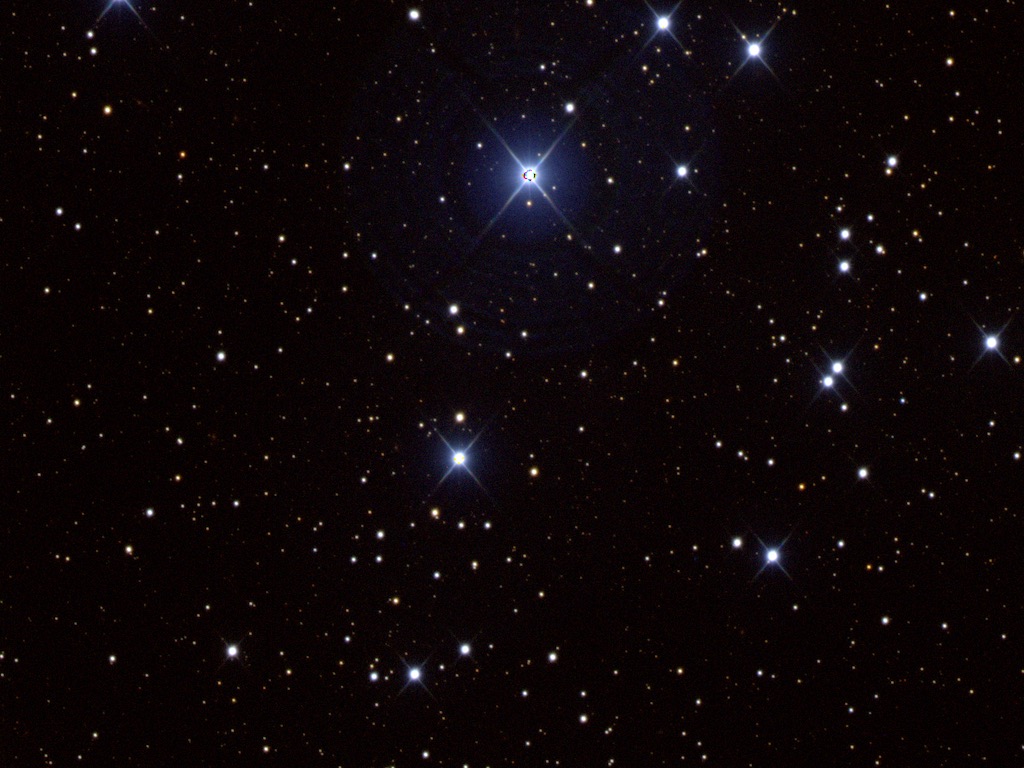In this course, participants go through the process that a scientist goes through in constructing, analysing, interpreting, writing and publishing their work. It is designed to provide an experience of the essence of the scientific endeavour while contributing to the actual scientific literature. This piece of science may be quite small in scope and unlikely to win a nobel prize but it is a meaningful contribution to scientific knowledge nonetheless. The course can be taken individually or within groups as is wanted. Scientists do tend to work in groups so as to bounce ideas off other people, provide multiple perspectives and access differing expertise.
The research course focusses on the exploration of a single object in the night sky. We are open to any suggestions of potential topics to research, but largely the topics and objects are *suggested* to you. We do this primarily to make sure that the project is both A) feasible in nature but also B) a unique contribution to science. It is also the case that the hardest part of science is constructing an appropriate research question and this course provides many of the tools to construct this question.
Participants at the end of this course should
· Have gained a basic understanding and experience of the research process of observational astronomers.
· Be able to use the basic software tools of astronomy.
· Have used a robotic telescope network to request and receive images across the internet.
· Know some of the relevant physics and observation techniques for one type of astronomical object.
· Know how astronomers store, communicate and retrieve knowledge.
· Know what python software code looks like and how to run it.
· Have analysed and interpreted astronomical measurements and results in the context of the research question.
· Have directly experienced the astronomical publication process.

Galen Astronomy Research
- Teacher: Michael Fitzgerald
- Teacher: Maree Timms
A course for collaborating and sharing individual projects.
- Teacher: Lena Danaia
- Teacher: Michael Fitzgerald